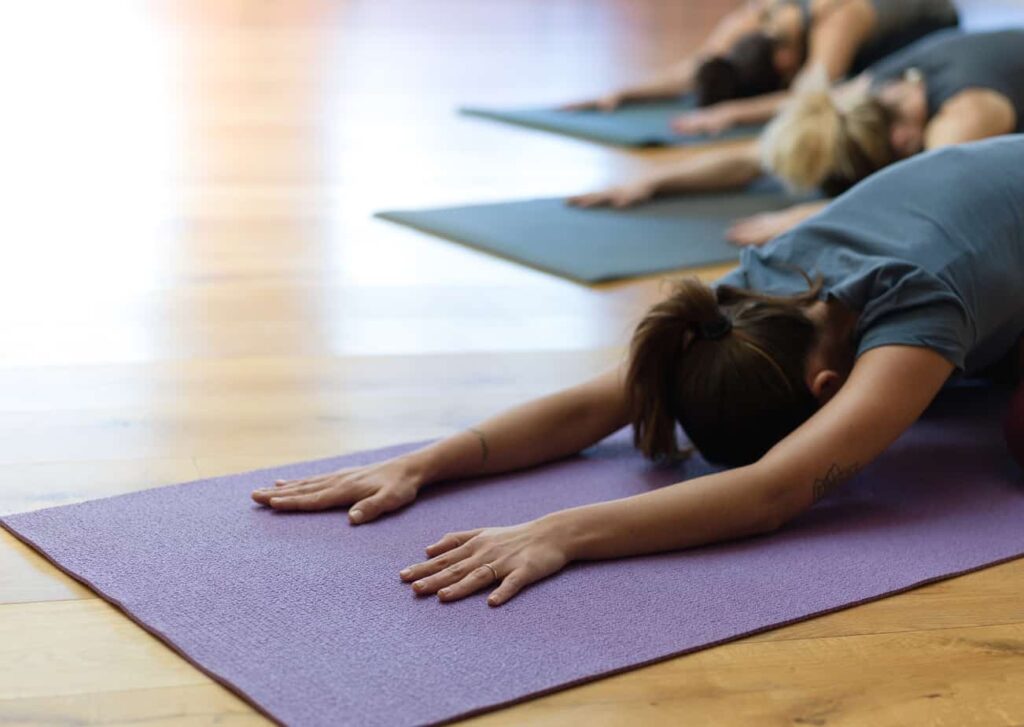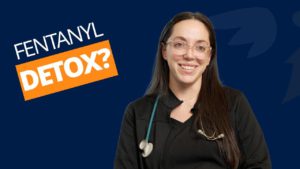Rebuilding Your Life After Rehab: Where to Start
Rebuilding Your Life After Rehab: Where to Start Completing a rehabilitation program is a huge milestone—an achievement worth celebrating. But once you’ve completed rehab, you

October 29, 2019
Recovery from alcohol and drug addiction is a process that can begin with a medically supervised detoxification. During or shortly after detox is complete, a long-term recovery plan can start—one that includes 12-Step meetings and can include some form of counseling. While the 12-Step recovery process lies at the center of successful recovery, it’s important to infuse recovery with activities and habits that also promote physical well-being.
When we think about our physical health and spiritual wellness, we tend to think about them separately—and for good reason. We cannot get and stay clean and sober through exercise and healthy eating alone. Our recoveries were best served when we took direction from a sponsor who was experienced in the 12-Step program of the fellowship we decided to join. When we did, we bore witness to some dramatic internal changes. We began to view ourselves and our place in the world in a completely different way. These changes were not really physical, but spiritual in nature. By allowing a power greater than ourselves to help us, we saw our lives filled with a kind of meaning that they had before lacked.
What some of us discovered was that taking care of our physical bodies was one positive way to improve the quality of our lives and our recovery. We did this by making better choices about what we ate and drank, exercising regularly, and improving our sleeping habits. As we did, we kept at the forefront of our minds the AA statement that of ultimate importance is the idea of “progress, not perfection.” We avoided going to extremes of any sort and instead focused on the present and what small steps we could take to improve our overall health.
The diseases of addiction and alcoholism are largely spiritual in nature. Our using and/or drinking was a symptom of an illness for which no cure existed, save for the work we did in our 12-Step recovery program. Some of us benefited greatly from the medicines we received early on in our recovery. In order to stay clean and sober in the long term, however, we discovered that we had to do the work outlined in our 12-Step fellowship’s recovery manual.
Addiction, though, is partly physical. As we consumed larger amounts of our drug/drink of choice, our bodies became physically dependent on them—so much so that without them many of us would become physically sick. Along with this physical bind, the drugs/drinking changed the way our bodies and brains produced “feel good” neurotransmitters, such as dopamine, serotonin, and norepinephrine. Our drinking and using caused the production and distribution of these neurotransmitters to become disrupted, and as a consequence, we were endlessly trying (albeit probably unconsciously) to re-balance them.
Now in recovery, our moods and energy levels continue to be at least partly governed by our bodies’ and brains’ ability to produce and regulate these neurotransmitters, as well as by how well our bodies regenerate and reproduce nutrients and hormones. One of the ways to keep this production running smoothly is to exercise. Another is by eating healthy foods, and yet another is by sleeping soundly for a long enough time period.
Regular exercise, among other benefits, helps our bodies heal from the damage caused by the drinking and/or using we drank and/or used drugs. Regular exercise helps to keep our hearts healthy by controlling our weight—which has the added desirable effect of making us less likely to become diabetic. We are less vulnerable to many types of cancer when we exercise regularly. Because exercising increases the production and regulation of neurotransmitters in our brains, we can gain the benefit of being depressed less frequently. Exercise helps us to sleep more deeply and improves our lung capacity and function.
One quality of exercising of benefit to people in early recovery is that it costs nothing but a little time and effort. The exercising we do does not need to be intense and vigorous. By walking or bike riding for half an hour several days a week, we gain tremendous benefits without exhausting ourselves.
Another action we can take in our present lives is to make sure that we eat regularly and include healthy food items in our overall diet. As when we think about exercise, our decision to eat better should not lead to going on extreme diets. Rather, we try our best to be conscious of the fact that we really are what we eat. Our bodies and brains function better when we eat better, and function worse when we eat worse. Our mood, energy levels, and motivation are all altered for better or for worse by what we choose to eat. We can improve the way we feel by eating more fresh fruits and vegetables while limiting our consumption of processed foods. Sugary drinks should be minimized and replaced with water or small amounts of juice.
Regularly getting enough sleep was something pretty foreign to many of us when we were active in our addiction/alcoholism. We cared little for sleep, which only seemed to get in the way of our next drink or drug.
In recovery, we found a new love for sleep. Not only does sleeping regularly help us to feel better, but it also keeps our mood elevated and our hormone levels even. There are many healing processes that our bodies and brains require which can only take place when we are in a deep sleep. What many of us have found is that when we make time for sleep, when we avoid allowing work or being over-caffeinated to keep us from sleeping properly, we find our recovery and our lives more enjoyable.
Exercising regularly, eating better, and getting enough sleep—all of these things are important too, and they serve to support and improve our recovery experience. Our capacity to focus on our health is just one of the countless benefits we have gained in recovery. If you or someone you know is suffering from alcoholism and/or addiction, please call the Summer House Detox Center now at 800-719-1090. You can also visit our addiction treatment center in Miami at 13550 Memorial Highway Miami, FL 33161. We are open 24 hours a day, 7 days a week. Our addiction specialists are waiting to tell you about how you or your loved one can begin a new, healthy, and exciting life in recovery.
Rebuilding Your Life After Rehab: Where to Start Completing a rehabilitation program is a huge milestone—an achievement worth celebrating. But once you’ve completed rehab, you

From Detox to Recovery: The Next Steps After Completing a Detox Program Detox is the first and most critical step in overcoming addiction, but it’s

Are you looking for a safe and compassionate drug detox center in Kendale Lakes, Florida? If so, look no further than Summer House Detox Center.
For immediate assistance, please call our Admissions Specialists at 800-719-1090.
Speak With A Qualified Addiction Specialist 24/7